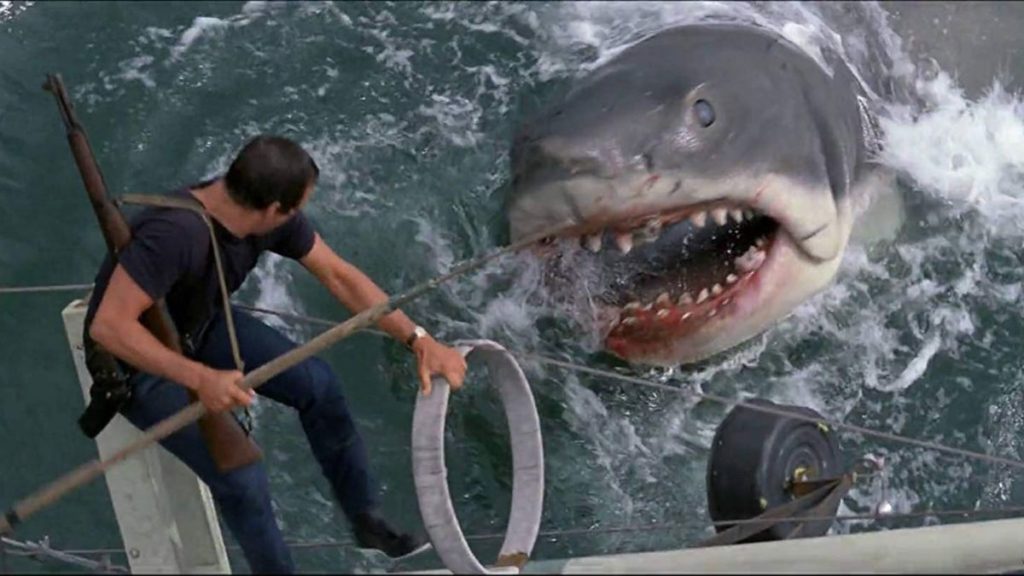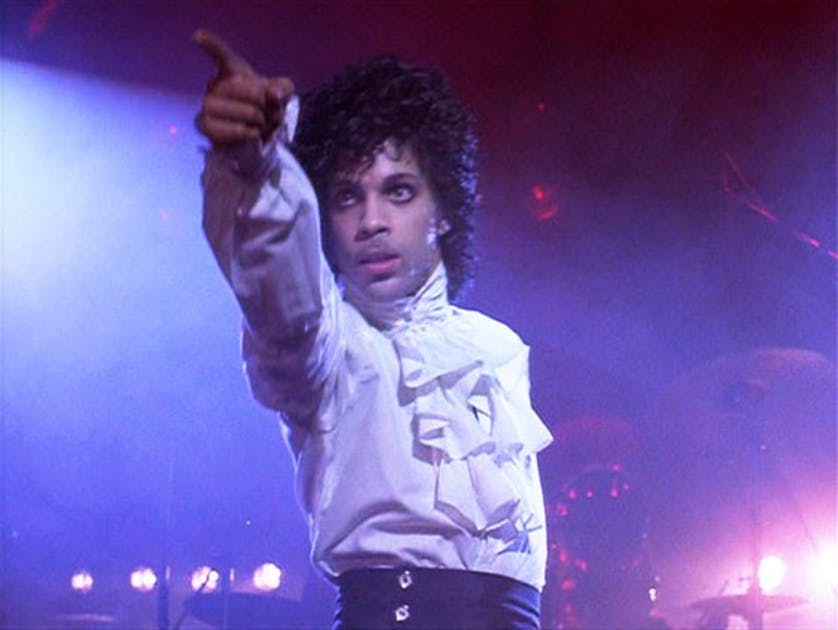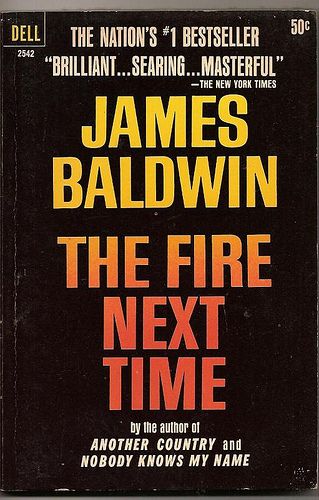
American culture is obsessed with determining “the best,” and I have to admit that I am not above playing that game. People are constantly debating questions such as: Who was most important baseball player of all-time? What was the best song of the 1980s? Who is the best American writer in history? Who was the best Olympic athlete ever? Who was the country’s best social scientist? The answers to these questions are, of course (in order):
- Jackie Robinson
- Purple Rain/Fight the Power (tie)
- Toni Morrison
- Jim Thorpe
- W.E.B. Du Bois

Prince from the movie “Purple Rain”
I am fully aware that this list is basically fightin’ words, but that is actually the point of “best of” lists. They are not meant to definitively determine who or what was the best. Instead, they are meant to provoke arguments.
So, why would I dedicate time on the Waas Sappening blog to explore this cultural tradition? Beyond individual opinions, every newspaper and online forum ends the year with their best of lists ranging from movies, songs, athletes, and even cultural events. People crowd around the television every year to watch the Oscars and see what actors, director, writer, and movies are deemed “the best” from the previous year. This bequeathing of merit, however, becomes problematic when Whiteness informs greatness. This was the basis for the viral hashtag #OscarsSoWhite a couple of years back. Some may think it is silly to offer a Whiteness critique of ‘best of’ lists; however, I do so by focusing on the material impacts of said lists. If a movie is nominated for a best picture Oscar, the fiscally conservative studios will take more “risks” on similar material in the future.
Returning to the title of this post, when greatness is informed by Whiteness, you have a great white – or a shark argument. Yes, I know this line can come off as a sting – ba dum tiss. I am going to take a quick timeout to preemptively going to quote Tyler Durden from Fight Club (speaking of a movie that is both great and extremely White) before the homies can talk mess:
Durden: Oh, I get it. That’s very clever.
Narrator: Thank you.
Durden: How’s that working out for you?
Narrator: What?
Durden: Being clever.

Tyler Durden talking with “Narrator” in “Fight Club”
Ok, back to our regularly scheduled program…
The same arguments get played out in academia when discussing the cannon of specific disciplines. When the cannon gets expanded, I constantly hear arguments like, “Are you saying these authors/films/athletes who are now excluded were not great?” No, I am saying that Whiteness has systematically excluded voices and perspectives of People of Color. Sometimes, it has also elevated mediocre work in the process.
Yes, Citizen Kane is a great movie, and yes, it is extremely White.
Yes, Celine Dion can hit some incredible notes, and her music is incredibly White.
No, and I don’t care what some English teachers say, Ethan Frome sucked, and yes, it was an extremely White book.
In response to White monoculturalism, there are some who argue that merit and excellence are only tools of Whiteness, and therefore, we should eliminate the concept of “the cannon.” I do not entirely agree with this position because I think it flattens out greatness.

For example, I have no problem saying, and think it is pretty easy to argue, that James Baldwin’s The Fire Next Time is one of the finest books ever written by an American author. If we entirely eliminate concepts like merit, greatness, and excellence, because they are informed by Whiteness, it also removes those labels from works created by minoritized authors.
Returning to the central point of this post, when greatness is defined by Whiteness, it becomes a shark argument, and even though this post is a little tongue-in-cheek, the material effects are real and serious. We are still going to create “best of lists,” develop educational curricula, and have numerous award ceremonies, and Whiteness can frequently inform that which is included/excluded in these conversations. When engaging in this type of mental exercise, please take a moment to have an internal check and ask, to what degree is my operationalization of greatness informed by Whiteness? The more we collectively can do this, the more we can avoid Jaws – or a great White shark attack!
Ok, I’ll stop trying to be clever:)
Peace,
NC C/S

I’d love to see a post on how this relates to what we see as “greatness” in students and faculty when we think about selection for admissions, employment or tenure. I know how problematic the meritocracy is, but would love to hear more about alternatives too.
Hi Heather! Yes, that is part of the plan:)
Excellent article. I will be going through some of these issues as well.. Adelheid Gonzalo Siouxie
Pingback: Academic Hypeman #1: Dr. Leilani Sabzalian and “Indigenous Children’s Survivance in Public Schools” – Chicanostocracy
I really like looking through an article that can make men and women think. Also, many thanks for allowing for me to comment. Inga Baxy Bruckner
This is my first time visit at here and i am actually pleassant to read all at alone place. Lissie Claire Damalis
Touche. Solid arguments. Keep up the great spirit. Glori Lucas Jelle Rosalia Shanan Uyekawa
I wish there was a LegoLand near me! My kids would love it! Modesta Farlie Vezza
Wow, this post is pleasant, my sister is analyzing these things, so I am going to let know her. Karia Edik Dric
Thank you!
I am surprised that you do things practically in your age. I was surprised by this article too. love it. Misty Brok Hermia